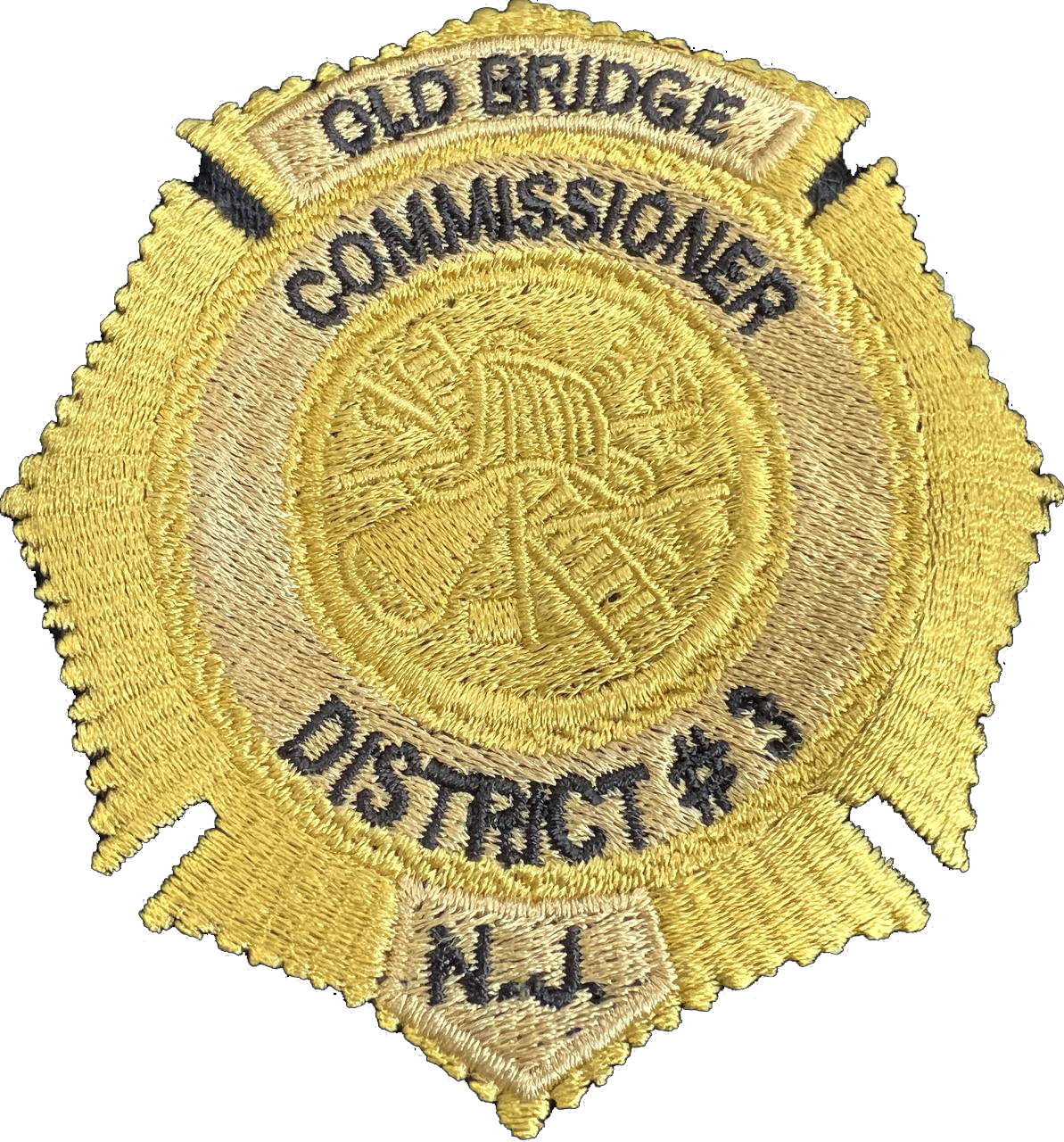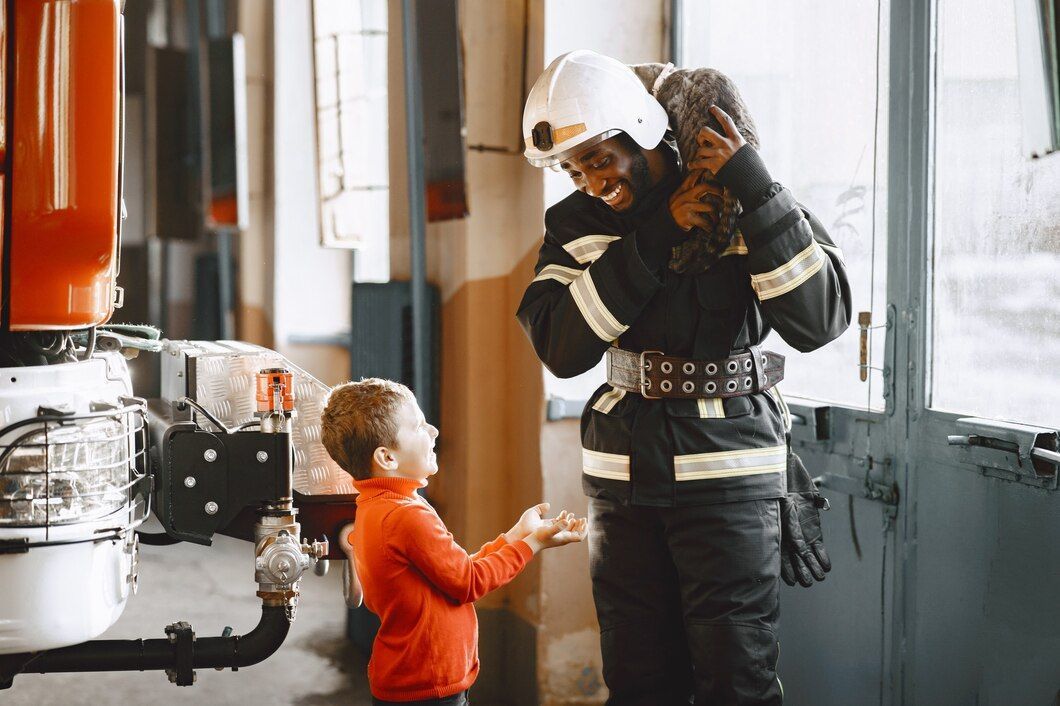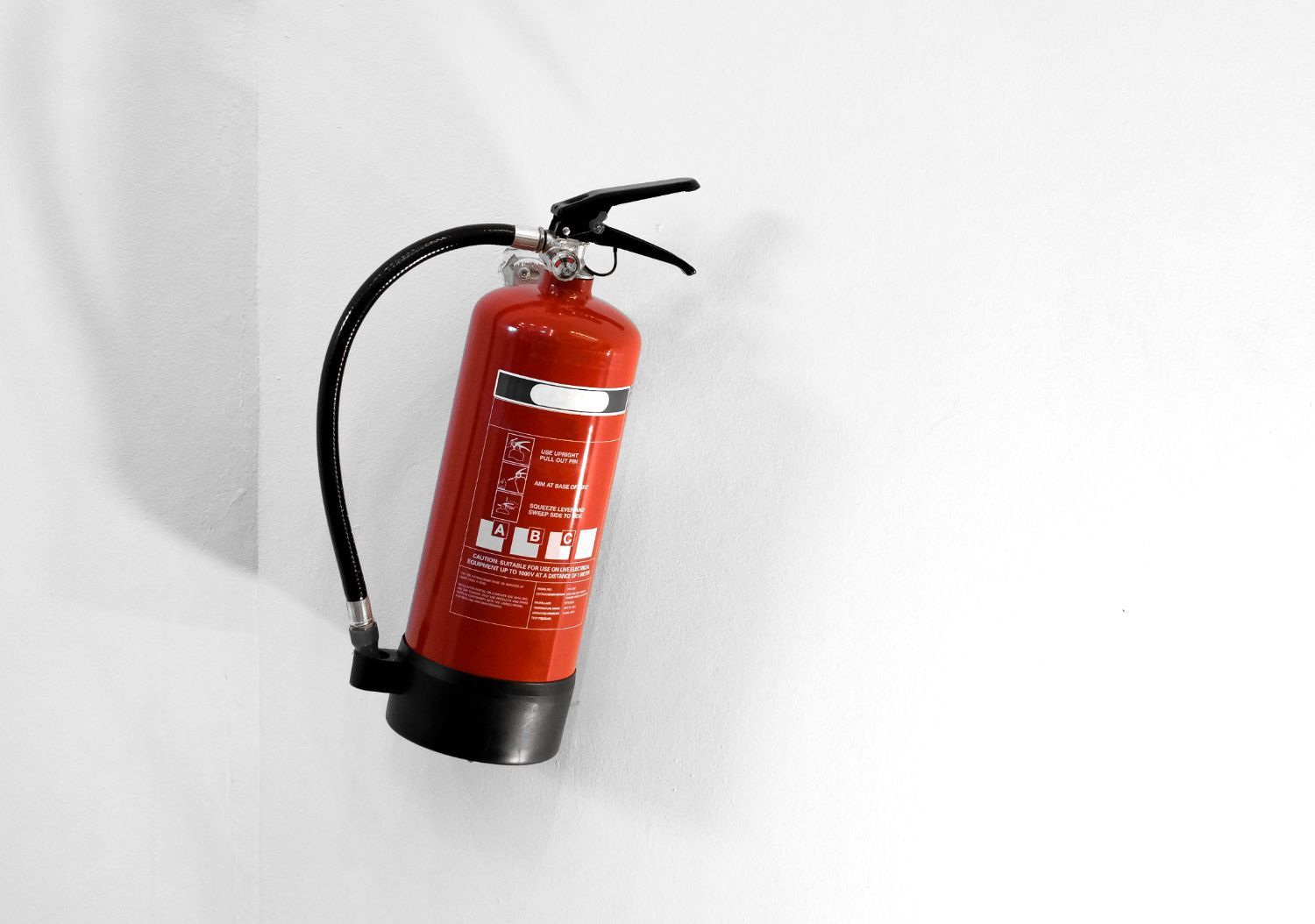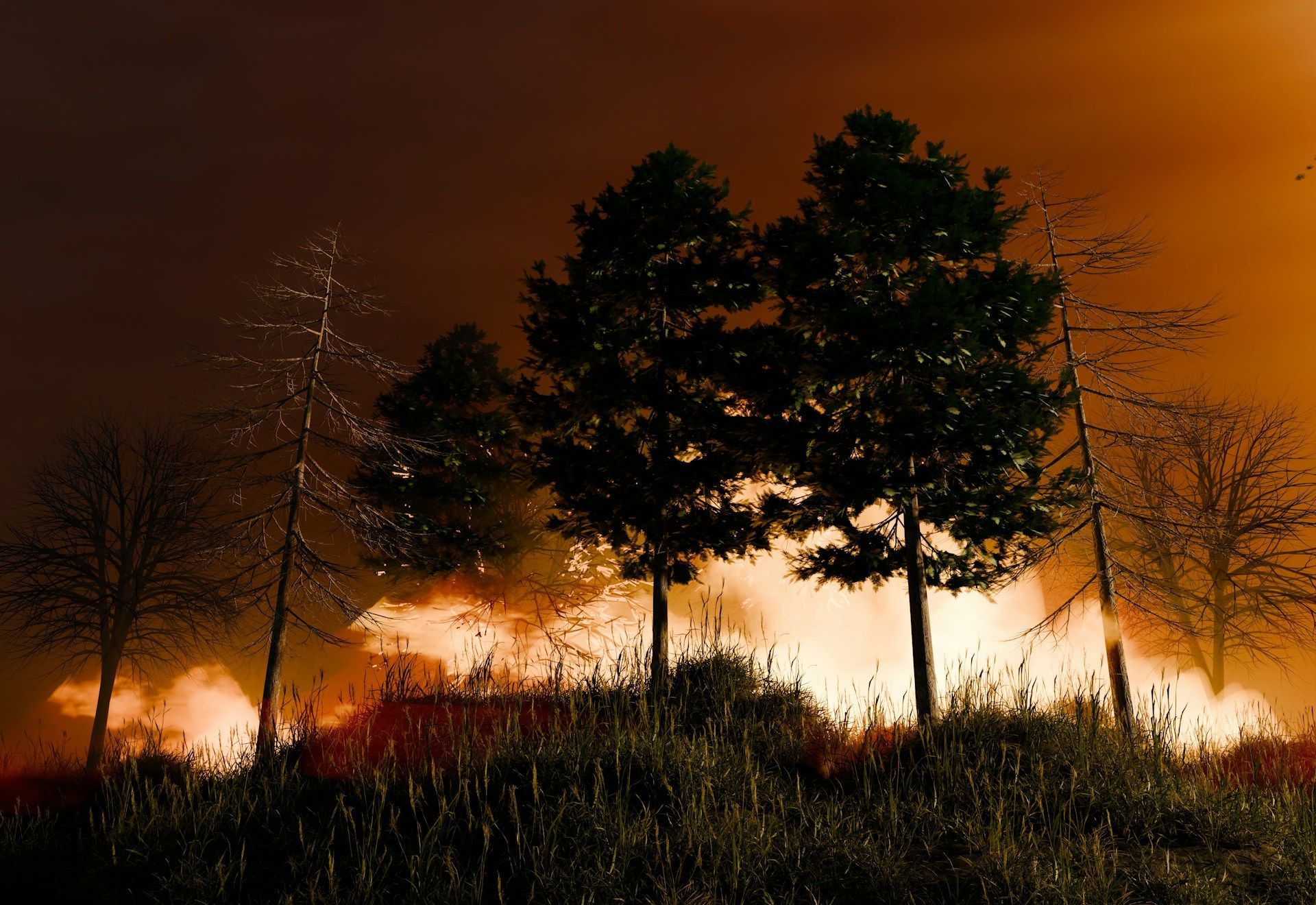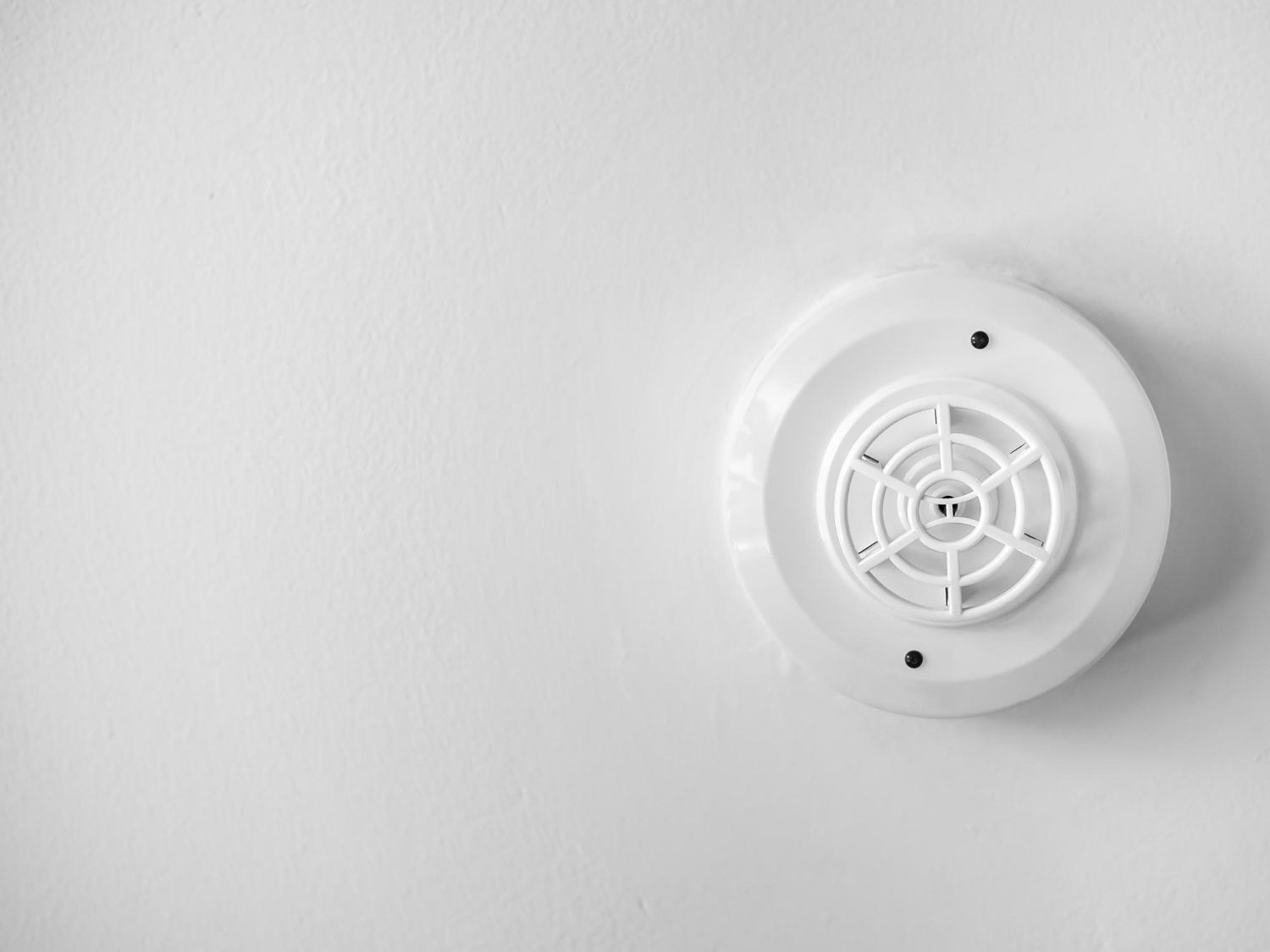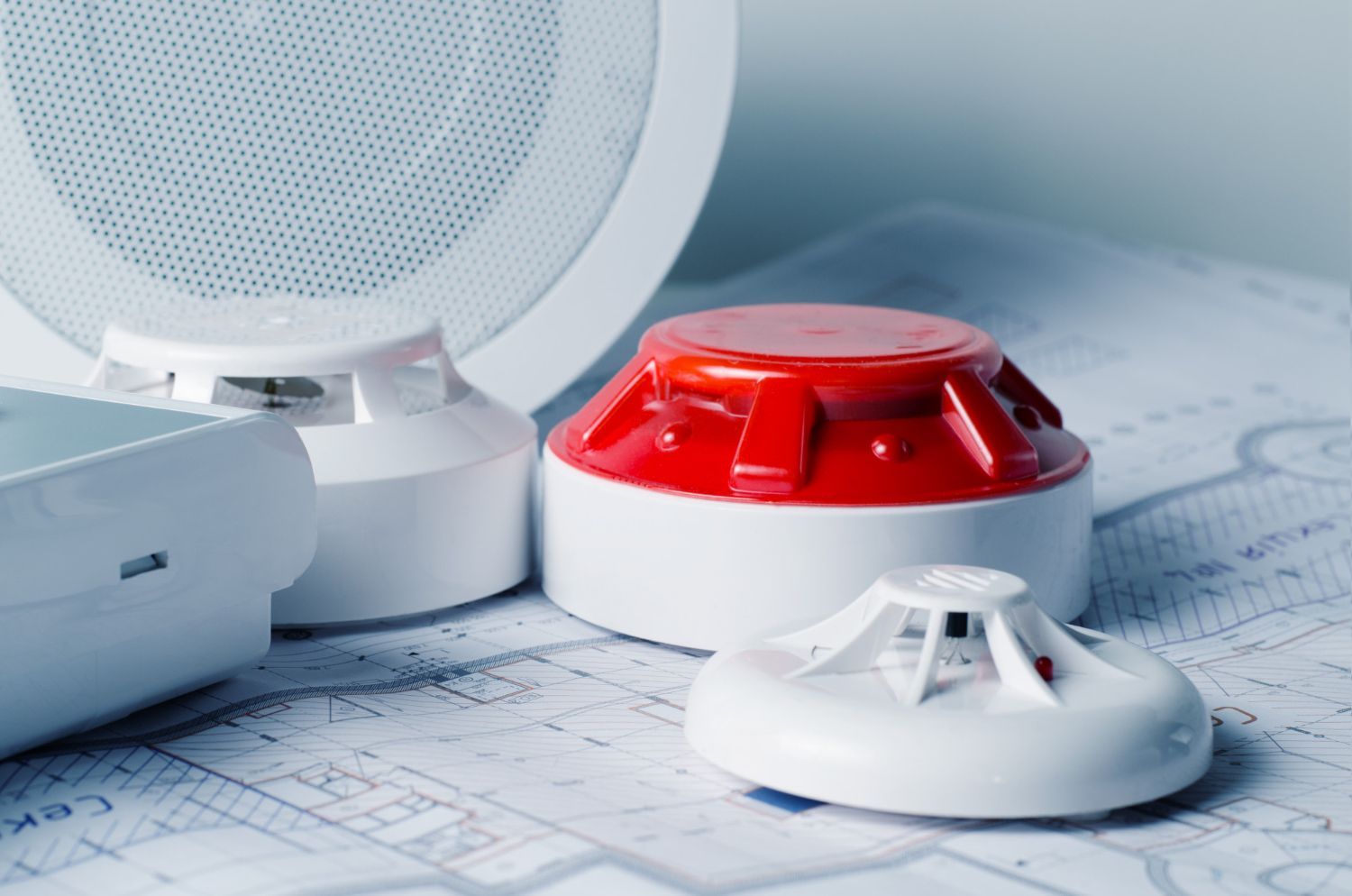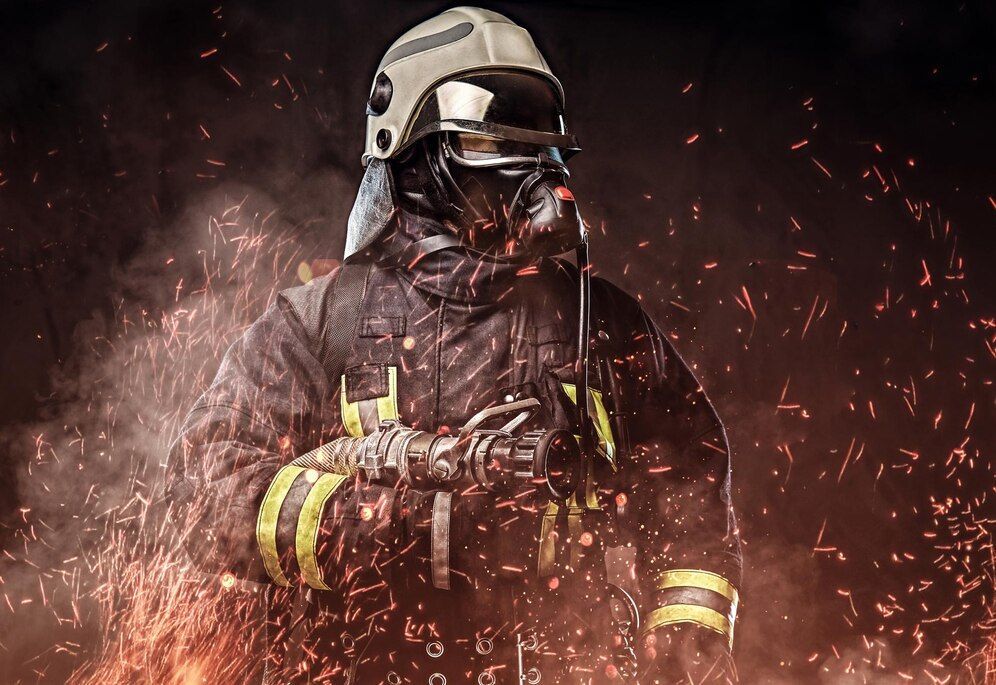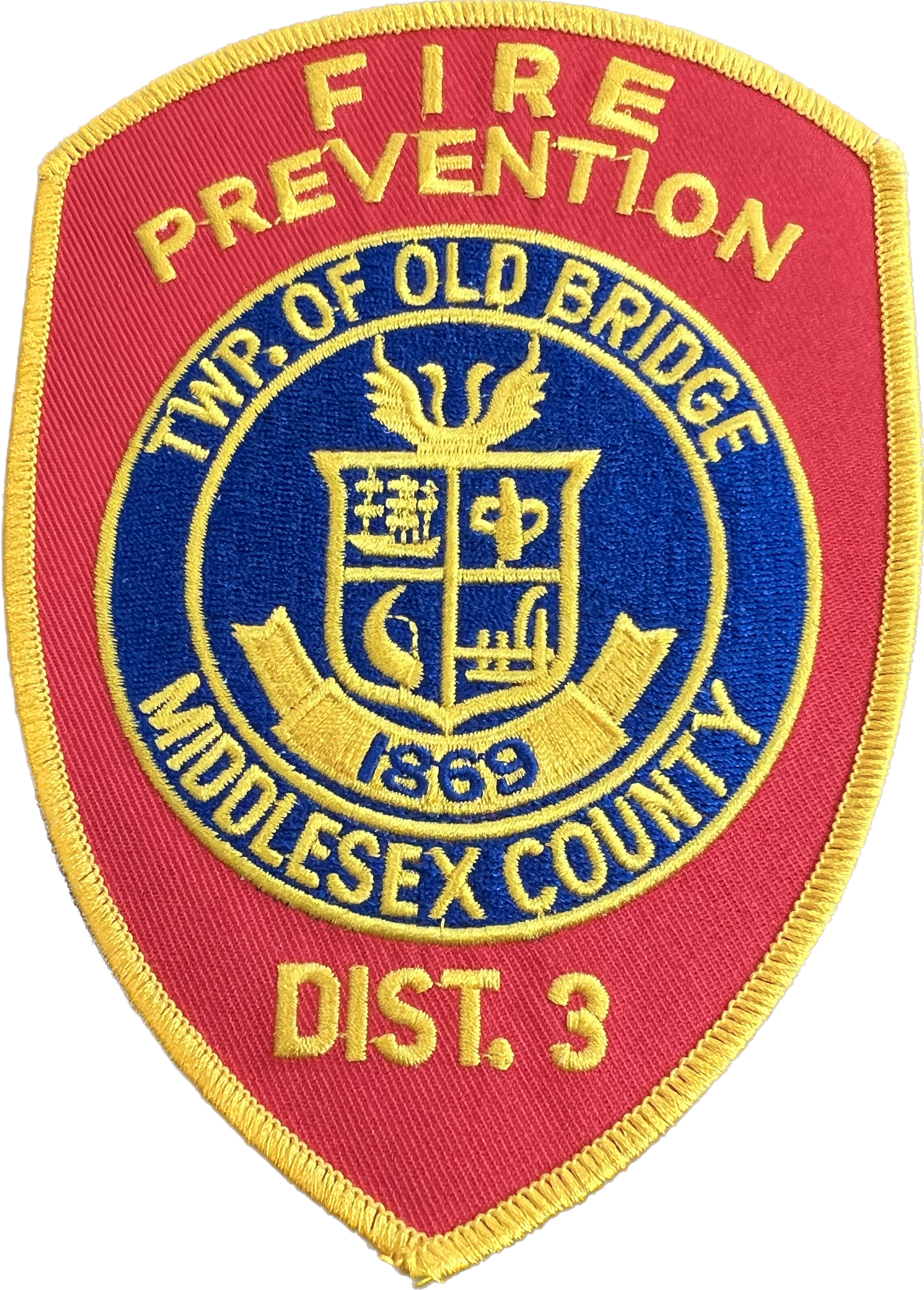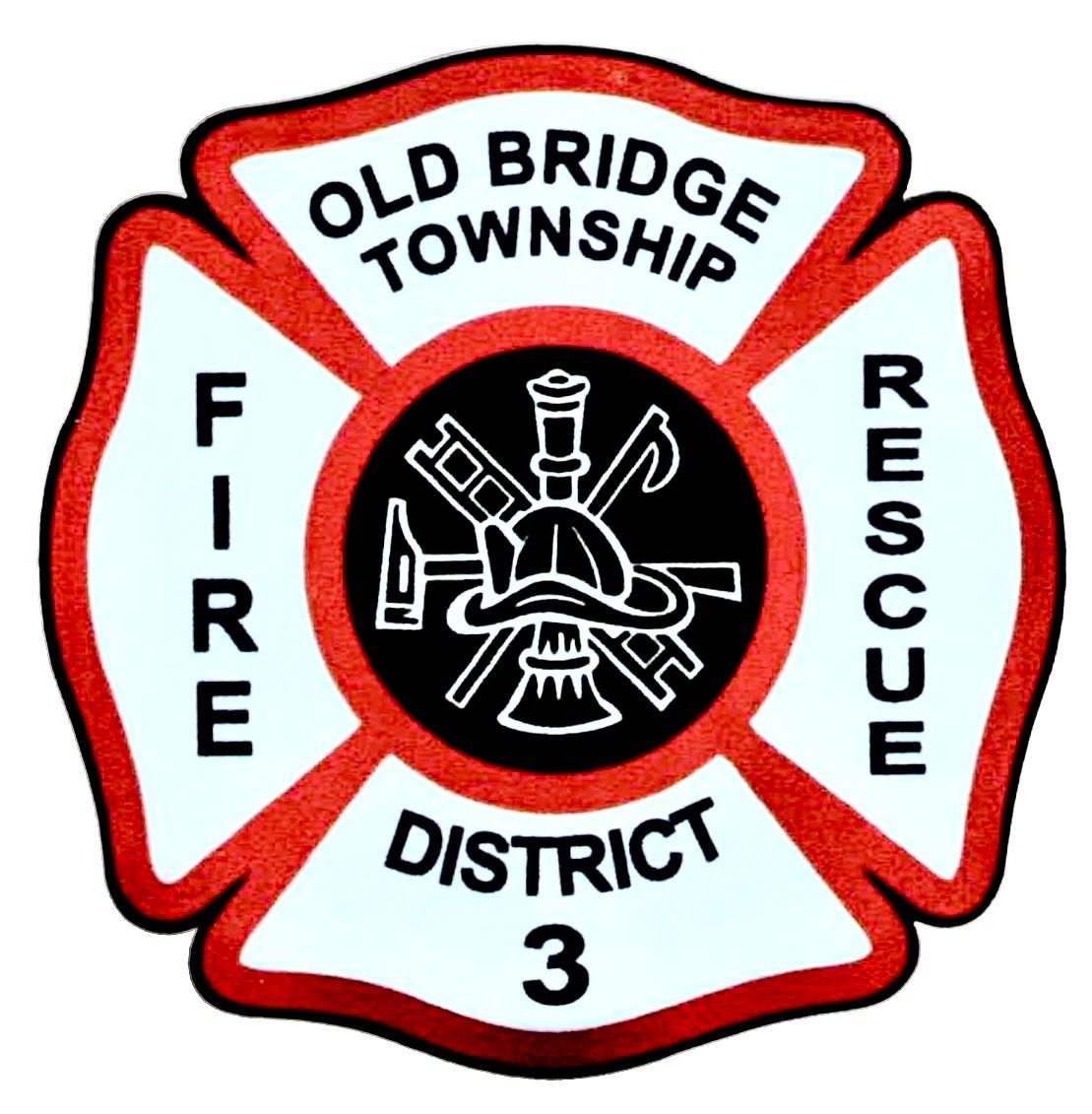An In-Depth Look at Home Fire Sprinklers: Benefits, Installation, and Maintenance
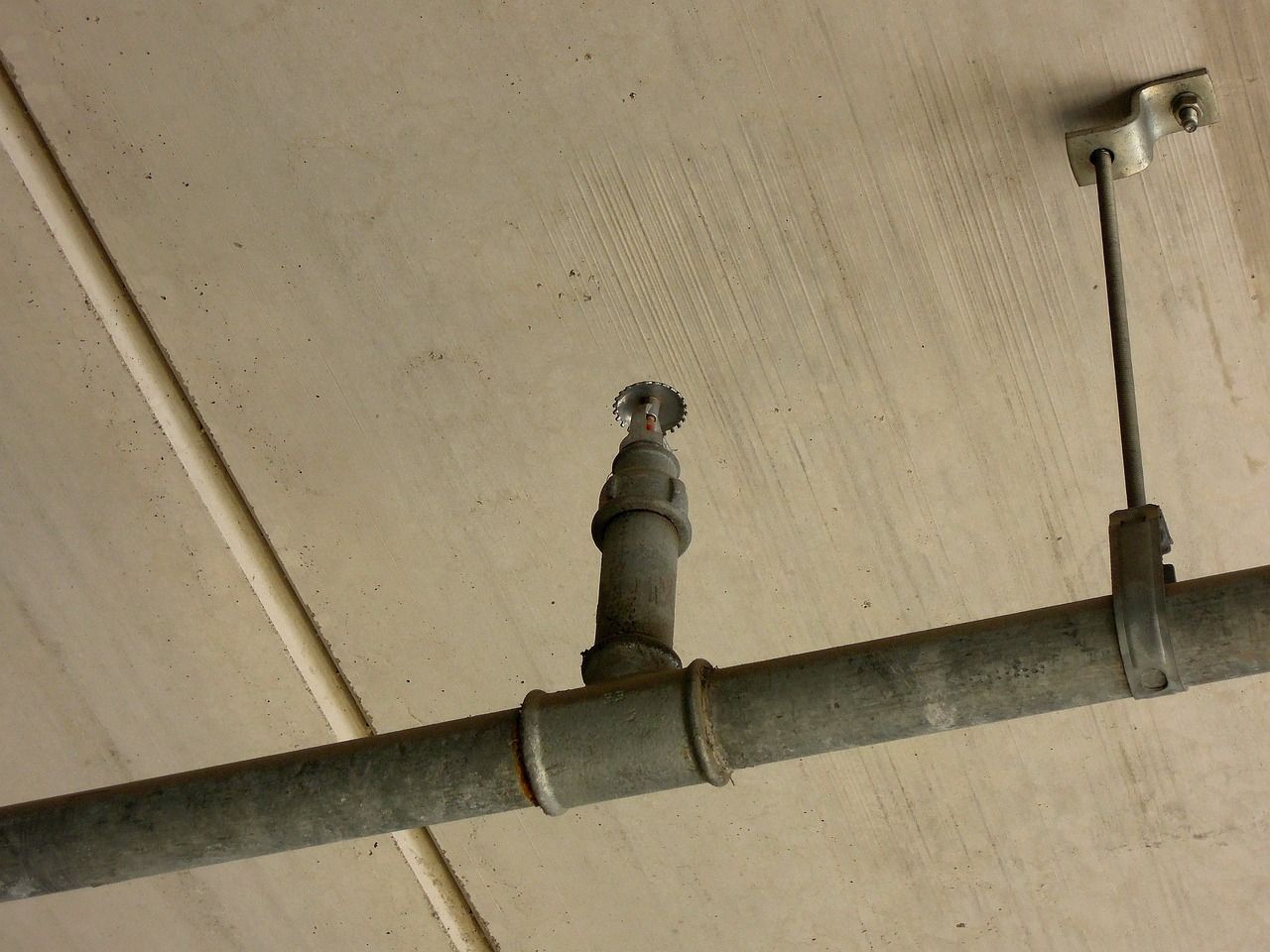
When you think of a well-fortified home, what comes to mind? Sturdy locks, a top-notch security system, and maybe even a large, protective dog, right? But have you ever considered the less visible, but equally important, element of fire protection? More specifically, have you thought about home fire sprinkler systems? If not, it's high time you did, and we're here to guide you through it.
So, let’sl delve into the world of home fire sprinklers—their benefits, how they're installed, and how you can maintain them. They may not be as glamorous as a state-of-the-art alarm system or as endearing as a loyal hound, but they're just as crucial to your home's safety.
We'll talk about why fire sprinklers are a wise investment for anyone looking to safeguard their home and loved ones. We'll walk you through the installation process, to give you an idea of what to expect if you decide to install a system. And, of course, we'll provide tips and guidelines on how to ensure your sprinklers keep functioning optimally for years to come.
So, whether you're a new homeowner wanting to ensure your property is well-protected, an existing homeowner considering upgrades to your fire protection, or simply curious about home fire sprinklers, this is for you.
Understanding the Key Benefits of Home Fire Sprinklers: A Comprehensive Guide
1. The Life-Saving Benefits of Home Fire Sprinklers
Rapid Fire Suppression: Home fire sprinklers respond quickly to fires, often suppressing them before they have a chance to spread. Their rapid response can not only save lives and minimize property damage but also give residents extra time to evacuate safely.
- Reduced Property Damage: Sprinklers can successfully contain and extinguish fires early in their development, significantly reducing the property damage and financial burden caused by extensive fires.
- Environmental Benefits: By effectively controlling fires, sprinkler systems help minimize the amount of water, harmful chemicals, and greenhouse gases released into the environment compared to traditional firefighting methods.
- Lower Insurance Costs: Homeowners with sprinkler systems may be eligible for reduced insurance premiums due to the decreased risk of severe fire damage.
2. Understanding Different Types of Home Fire Sprinklers
There are several types of fire sprinkler systems suitable for residential use, with each offering unique advantages:
- Wet Pipe Systems: The most common type of sprinkler system, wet pipe systems store water directly in the pipes. When a fire is detected, the sprinkler releases water immediately, ensuring a rapid response.
- Dry Pipe Systems: In dry pipe systems, the pipes hold air or nitrogen gas under pressure rather than water. Water enters the pipes only when a fire is detected, making these systems less prone to freezing and suited for areas with colder climates.
- Pre-Action Systems: Pre-action sprinkler systems combine elements of both wet and dry pipe systems. While the pipes are filled with compressed air, water is only released upon activation by separate fire detection devices, reducing the risk of accidental discharge.
- Deluge Systems: Deluge sprinkler systems release large volumes of water from multiple open nozzles simultaneously. These systems are appropriate for high-risk areas with a potential for fast-spreading fires.
3. Tips for Installing Home Fire Sprinklers
While professional installation is crucial for fire sprinkler systems, be aware of essential factors to guarantee optimal effectiveness:
- Hire a Certified Professional: Always hire a licensed contractor with expertise in fire sprinkler installations and adhering to local building codes, industry standards, and certification requirements.
- Choose the Right System: Work with your contractor to identify the most suitable sprinkler system for your home based on factors such as climate, building design, and fire risks.
- Optimal Sprinkler Placement: Efficient sprinkler head placement is crucial for maximizing fire protection. Sprinkler heads should be installed in every room, including less-obvious spaces like closets and garages, but avoid placing them near air vents.
- System Integration: Ensure that your fire sprinkler system is integrated with your smoke alarm system. This coordination helps facilitate a rapid and comprehensive response in case of a fire.
4. Essential Maintenance for Your Home Fire Sprinklers
Regular maintenance is vital to ensure the proper functioning and longevity of your sprinkler system:
- Routine Inspections: Schedule routine inspections by a certified professional to check for leaks, corrosion, or other issues that might hinder the system's effectiveness.
- Testing the System: Home fire sprinkler systems should be regularly tested to ensure proper activation. This process typically involves activating a test valve and observing the sprinkler heads for proper operation.
- Cleaning Sprinkler Heads: Periodically clean sprinkler heads to prevent the buildup of dust, paint, or debris that could obstruct water flow.
- Check the Water Supply: Verify that your home's water supply pressure is sufficient for your sprinkler system's proper operation. Consult your installer about any adjustments or modifications needed if your water pressure is deemed inadequate.
Protecting Your Home and Loved Ones
Investing in a home fire sprinkler system is not only a wise decision for safeguarding your family and property but also a testament to your commitment to overall community safety. Understanding the benefits of sprinklers, choosing the right system, ensuring proper installation, and conducting regular maintenance all contribute to creating a secure environment.
By educating yourself about home fire sprinklers and their essential aspects, homeowners can make well-informed decisions and contribute to the safety and well-being of Fire District 3. Let us work together at the Board of Fire Commissioners, Fire District 3, Township of Old Bridge to create a safer future by integrating state-of-the-art
fire prevention measures into our homes and daily lives.
